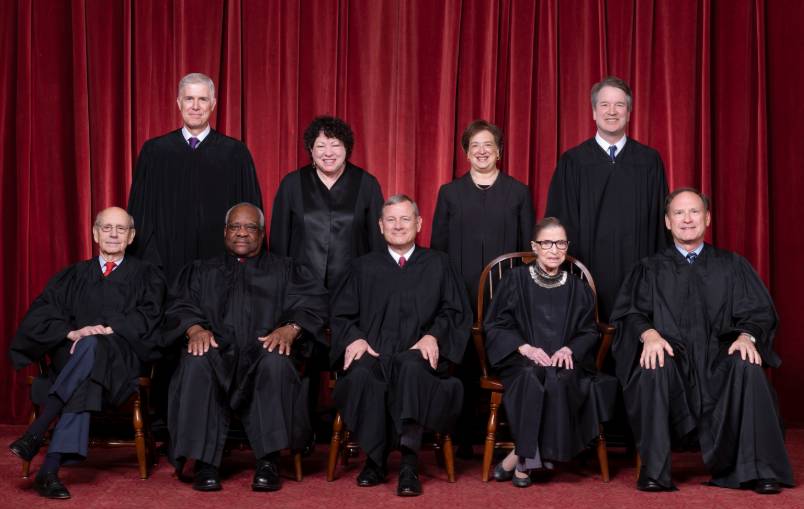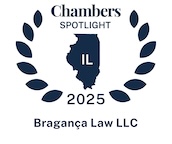- Free Strategy Session: (847) 906-3460 Tap Here to Call Us
What Does the Supreme Court Decision in Liu v SEC Mean?

The U.S. Supreme Court just released its opinion in the Liu v SEC. This was a 8:1 decision, with Justice Thomas the lone dissenter. Here is my brief analysis of the Court’s opinion. I am leaving out the interesting historical discussion in the majority opinion and dissenting opinion about the history of equitable remedies and disgorgement. I will focus on how I see this decision affecting litigants.
- The express holding of the Court is that a disgorgement award that does not exceed a wrongdoer’s net profits and is awarded for victims is permissible. That seems clear enough but the ensuing discussion muddies this up some.
- Here is what Justice Thomas says disgorgement means under the Liu majority decision: “a remedy that compels each defendant to pay his profits (and sometimes, though it is not clear when, all of his codefendants’ profits) to a third-party Government agency (which sometimes, though it is not clear when, passes the money on to victims).”
- The Court points out that this opinion addresses disgorgement in federal court actions, not administrative actions. There is express statutory authority for disgorgement in administrative proceedings.
- The dissent points out that if the Court’s opinion does not apply to administrative proceedings, “the result will be that disgorgement has one meaning when the SEC goes to district court and another when it proceeds in-house.” That is a distinct possibility.
- There are three main points that the Supreme Court addresses but then says it does not address for purposes of this case:
- Whether the funds collected as disgorgement go to the US Treasury versus victims
- Joint and several liability
- What expenses may be deducted from revenues received
- Awarded “for victims” – The Court does not say that funds collected as disgorgement MUST go to victims, just that they must be awarded “for victims.” The Court rejected the SEC’s theory that “the very fact that it conducted an enforcement action satisfies the requirement that it is “appropriate or necessary for the benefit of investors.’” The Court says that “appropriate or necessary for the benefit of investors’ must mean something more than depriving a wrongdoer of his net profits alone.” The dissent clarifies this further in pointing out that that the Court fails to identify circumstances when the US government may keep money it collects as disgorgement. This is an open question that will likely be litigated for years unless Congress steps in. The dissent calls for disgorgement to be limited to those funds that are used to compensate victims and not funds that “enrich” the government.
- Apparent elimination of joint & several liability for disgorgement – One clear answer we have is that the SEC cannot simply use joint & several liability in federal court actions to hold a defendant liable for more than net profits that defendant received. The SEC will have to allege some partnership theory or concerted action. The dissent calls for the complete elimination of joint and several liability for disgorgement.
- Deductible expenses – The Court states that disgorgement awards cannot exceed net profits, while giving some examples of “legitimate expenses,” such as payments to innocent third-party employees and vendors. Specifically, the Court noted that some expenses of the Liu scheme were used for lease payments and cancer-treatment equipment, which “arguably have value independent of fueling a fraudulent scheme.” It is helpful that the Court states that courts “must deduct legitimate expenses before ordering disgorgement.” It is also helpful that the Court indicates “marginal costs” are eligibility for deduction via a parenthetical citation to a comment from the Restatement (Third) of Restitution and Unjust Enrichment. The dissent calls for the limitation of disgorgement to each party’s profits, but that does not seem inconsistent with the Court’s decision.
I find that Justice Thomas’s dissent muddies up the majority opinion and is likely going to help the government, which I do not think he intends. His opinion will likely be cited by the SEC and other government agencies in response to arguments that the decision eliminated joint and several liability, and that the SEC can only collect as disgorgement funds that will be returned to investors.























